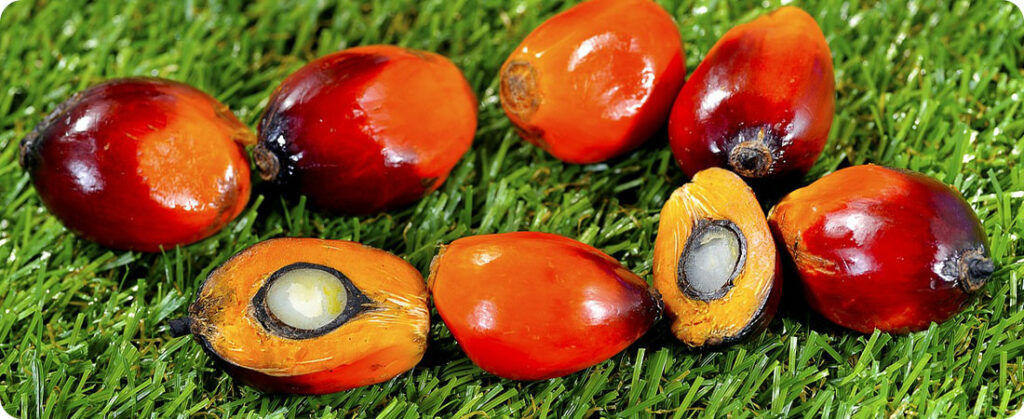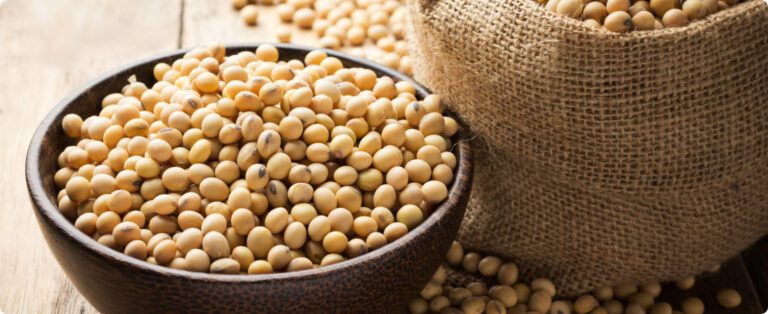
Recent data, released by the Roundtable on Sustainable Palm Oil (RSPO), reveals that the production of Palm oil certified sustainable production (CSPO) reached more than 15 million tons last year. This represents, however, approximately 20% of global crude palm oil (CPO) production. This achievement occurred five years before reaching the 10 million ton mark in 2018.
Growth in CSPO production has resulted from progress within RSPO's existing membership base as well as increased scale through new memberships around the world. The RSPO continues to experience annual growth in its total membership, with an increase of 5.4%.
The global certified area increased by 6.6%. Gains in Indonesia, Latin America and Africa drove this. In these locations, RSPO members operate oil palm plantations and mills. CSPO production in Latin America has reached a milestone, representing a third of total production in the region. Additionally, the number of certified plantations and mills in Africa doubled in 2022. African regional CSPO share grew to 11.7%.
Growth of CSPO Certification and Future Regulatory Challenges
RSPO members represent 42% of global palm oil production. Of this total, 20% is certified as CSPO, while the remaining 22% are in the RSPO certification process.
The report highlights an increase in RSPO Independent Smallholder (ISH) certification. Currently, 166 members make up the group, and 81% of them have already obtained certification. Additionally, female participation among ISH members has grown, with women representing 28% of ISH members in groups.
This expansion of ISH certification has occurred in six countries around the world, with the first certifications achieved in Africa and Latin America. RSPO attributes this development to assistance from local mills, downstream RSPO members and NGOs, as well as financial support from the RSPO Smallholder Support Fund (RSSF).
Despite challenging economic conditions, global palm oil trading and refining also increased in 2022, with physical volumes of CSPO traded, refined and processed by RSPO members growing by more than 11%. RSPO members accounted for 78.3% of palm oil traded globally.
In summary, the data points to continued growth in certified sustainable palm oil (CSPO). This reflects global support for sustainability across the supply chain. However, it is important to note that future regulation is looming. The European Union Deforestation Regulation (EUDR) is one such initiative. It will require the RSPO to undergo a digital transformation. This transformation is necessary to improve your certification and traceability systems. The goal is to support its members' compliance with evolving regulations.
Source: Oils & Fats International















